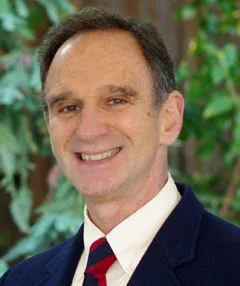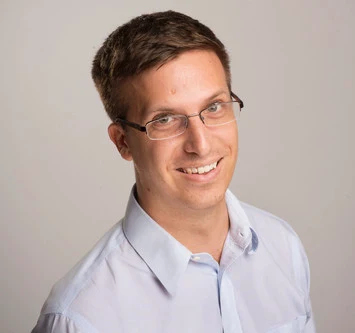 |
| (Picture Source) |
Said : Martin Hellman, an
emeritus professor at Stanford and adjunct fellow at the Federation of American
Scientists who specialises in nuclear risk, as reported by the Newsweek’s
Europe correspondent Elisabeth Braw in her yesterday’s post
“Putin is ‘Playing the Madman’ to Trick the West.”
The Newsweek article quotes
Hellmen saying that in the past couple of years, Putin has gone out of his way
to keep Russia’s arsenal in the forefront of the public consciousness.
“Nuclear weapons are the card
that Putin has up his sleeve, and he’s using it to get the world to realise that Russia is a
superpower, not just a regional power,” he explains.
“The West should do as marriage therapists advise: admit one’s own mistakes, thereby making it easier for one’s spouse to admit his.”
 |
| Martin Hellmen |
According to the article,
Hellmen calls it the Madman Theory and confesses that a bit of perceived
madness is essential to nuclear strategy. “The West hasn’t properly caught on
to Putin’s Armageddon game. With Putin what is needed is to prevent the madman
game from ending in tragedy”, Hellman argues warning that “The Russians can
turn us into ash in less than an hour.”
The article analyses various
aspects of Putin’s personality and the CIA’s role in preparing personality
profiles of foreign leaders besides the work of independent personality
analysis experts and psychologists in this area.
The article rules out the
possibility of Putin stepping down to enjoy a pleasant retirement (like many
world leaders) with his $200bn fortune that he’s reportedly amassed.
The recent suicide-cum-mass murder by the co-pilot, Andreas Lubitz, of the Germanwings flight by crashing the plane in the French Alps is being largely seen as the result of his deep rooted mental condition. If, God forbid, Putin follows a mental trajectory similar to that of Lubitz, the whole world will perish. I find already there are serious discussions taking place, the world over (in pubic domain) about Putin's mental condition. A number of top influential people have even gone to the extent of calling him mad. One of the important lessons that we must learn from the Germanwings tragedy is that mental fitness is supreme and if we have diagnosed some one of the level of Putin having serious symptoms of mental disorder then it cannot, and should not, be taken lightly. The handling of such a person by the global community has to be quite cautious, coordinated, secret and aimed at preventing the worst while assuming the worst case scenario. This also requires top world leaders to be 24x7 ready to prevent the worst from happening and to promptly respond to any eventuality.
"Be less grandstanding with Putin," Hellmen's advice can be quite handy in this case. Also, the suggestion of a recently departed Moscow ambassador, who was close to Putin, as reported in the Newsweek post, also deserves serious consideration. "If you’ve got a madman in power, a country’s nuclear weapons take on a completely new dimension.”
In a nutshell, Putin, like any ultra high pressure glass vessel, is required to be handled with extreme care.
In a nutshell, Putin, like any ultra high pressure glass vessel, is required to be handled with extreme care.












